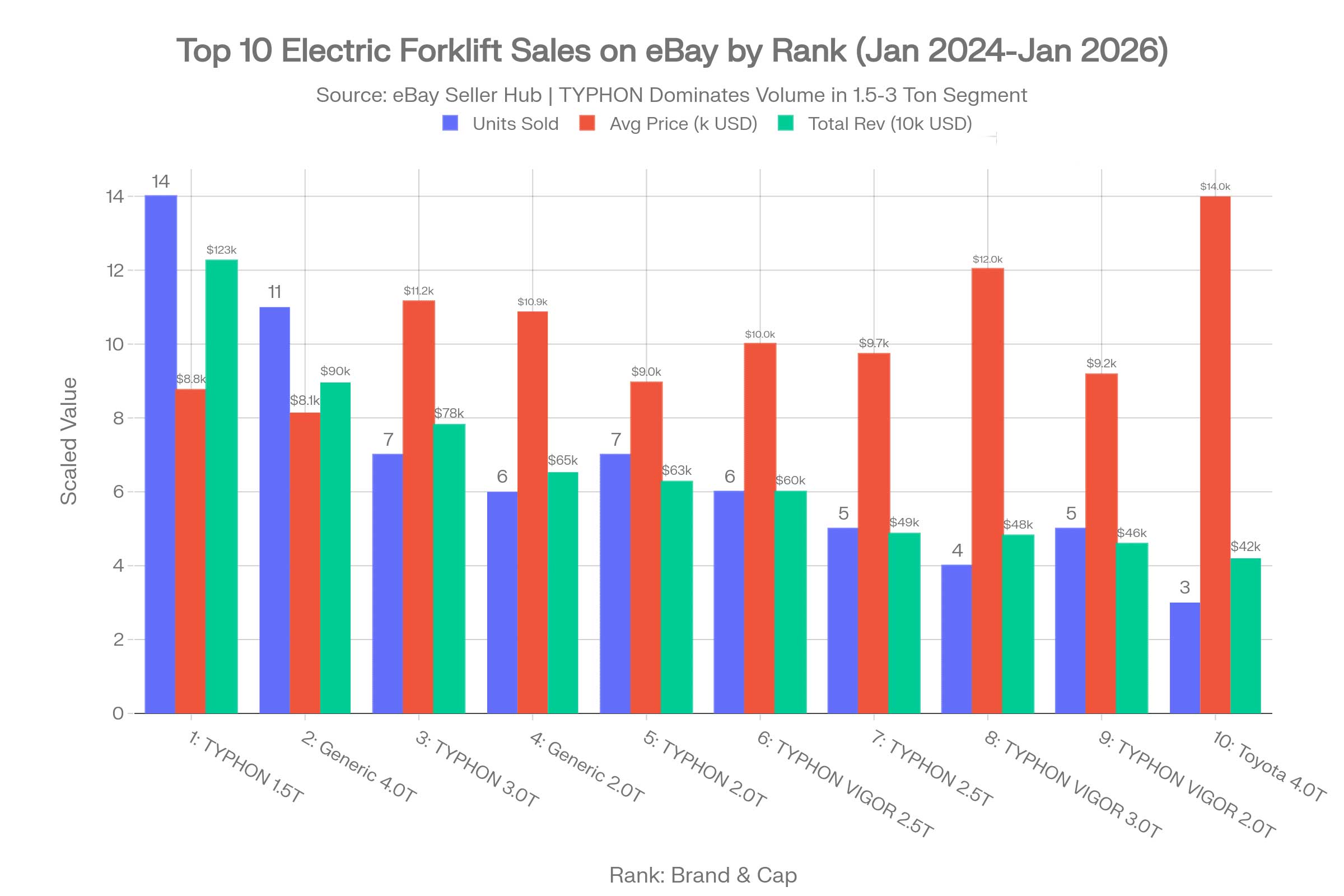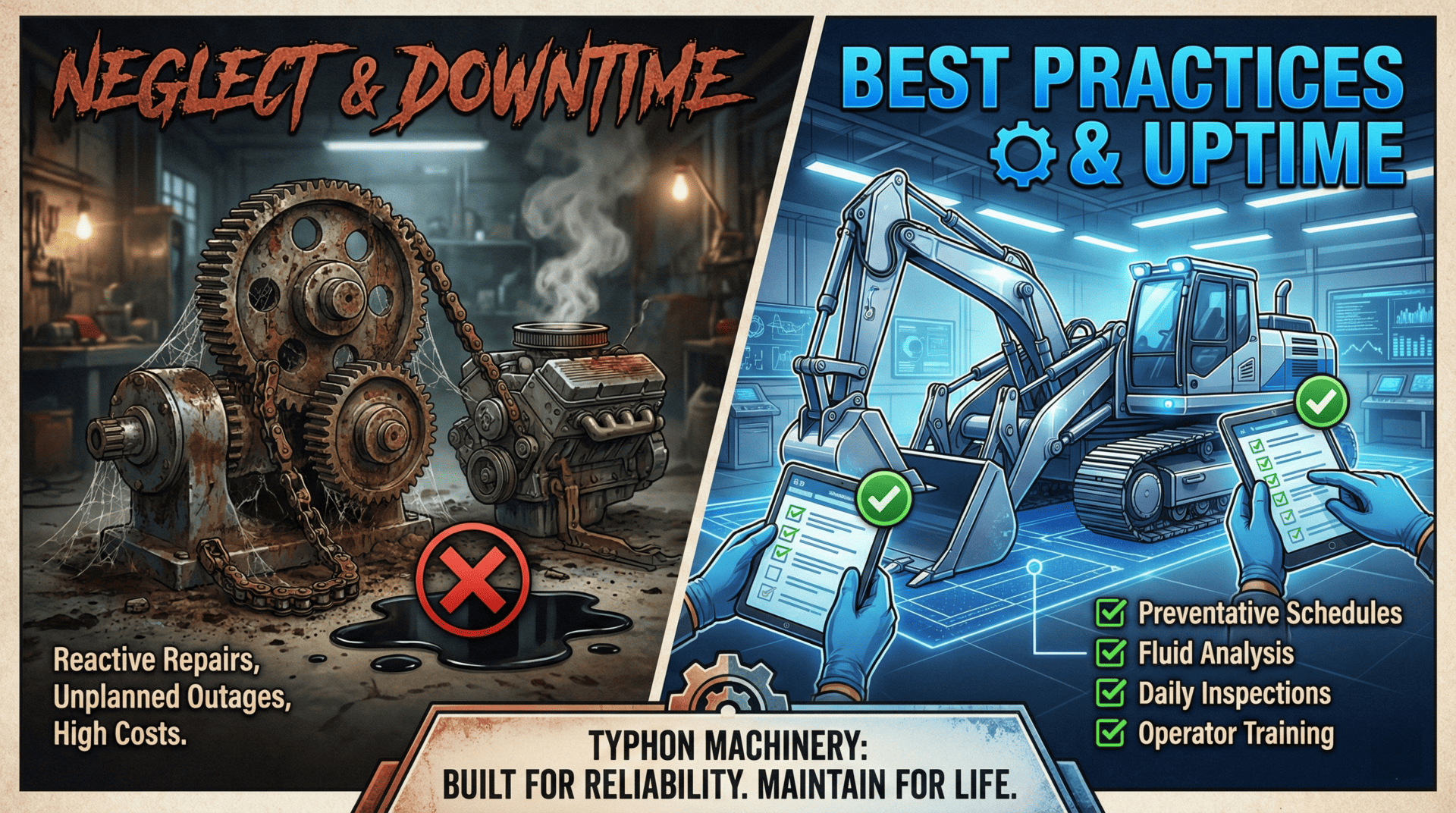Most construction machinery, hefty ones, have giant engines that operate on fuel. Thus, if you have a task requiring heavy equipment, you also need an ample fuel budget. Regardless, the fuel costs might go up and lower your profit margins if you are not mindful.
Fuel efficiency is crucial in the construction industry, where heavy equipment consumes a substantial amount of resources daily. Rising fuel costs and environmental considerations have made it essential to adopt strategies that reduce consumption without compromising performance. Whether you operate excavators, loaders, or bulldozers, optimizing fuel usage can lead to significant savings and improved overall efficiency.
Fortunately, you can utilize useful techniques to save fuel as you launch the task. Learn guidance for lowering fuel consumption in heavy machinery.
Proper Maintenance of Your Heavy Equipment
Poorly kept heavy machinery might require to operate twice as hard as well-kept equipment to finish a job, which indicates that the less-maintained machinery uses more fuel. Hence, you are required to service your equipment regularly to improve fuel efficiency.
Embrace the suggested routine maintenance procedures, such as frequent cleaning, oil checks, and lubrication of moving components. Also, proper tire inflation should be maintained at all times.
When the tires are not properly inflated, the rolling resistance is increased. This will force the engine to work hard, and, in turn, use more fuel. Therefore, allow your workers to check the tires regularly and inflate them when required.
Hire Professional / Trained Operators
Whether you own or have leased equipment, you are required to have operators with advanced talents and an in-depth knowledge of the machines. Workers who are not well-trained can make blunders that can seriously increase fuel consumption.
One error that most beginners execute is to gear up at high RPMs. Nonetheless, expert operators can start the machinery at a low RPM and then slowly raise it to save fuel during functions. This is just one example of errors amateur operators make, which contributes to bad fuel economy.
You should, therefore, support professional operators to decrease fuel wastage. But since construction machines also enhance, you might also need to instruct your operators when you have machinery with state-of-the-art characteristics.
Choose Quick and Efficient Transport Paths
If you don’t have a warehouse area in your area, you will be required to move the machinery daily to a safe place when not in service. The fuel for transportation can sum up to a significant payment in the long run.
You are required to evaluate transport costs and use quick or efficient paths to the warehouse location. If feasible, keep the machinery close to the task site to lower the transportation fuel expenses.
Motivate Operators to Operate Efficiently
Always motivate your equipment drivers to operate efficiently, both while transportation and at the project. For example, they should not speed, accelerate fast, or apply harsh brakes because these approaches might contribute to increased fuel consumption.
Use the Suitable Equipment
Some heavy construction machinery can perform numerous functions. But if they were not prepared for a certain application, they might ruin more fuel. For this cause, ensure the machinery in your area performs the planned job.
Reduce Idling
As long as machinery runs, it leans to consume fuel, even when not in service. Remind your operators to switch off the machines as soon as they finish their jobs.
Use the Suited Fuel
When you use the incorrect fuel or a mix of fuels, the engine might deliver less energy. This indicates that the equipment is likely to use more fuel for optimal performance. Fortunately, you can improve fuel economy by utilizing the fuel that the OEM suggests.
Scan machinery With a Telematics System
The telematics system lets you scan equipment on your device. You can follow the speed, idling time, fuel consumption, sharp braking, and other crucial aspects. Hence, you will be up to date even when you are not in the area and act accordingly during a signal, such as a rise in fuel consumption.
This creative guidance can help you manage the fuel usage of your heavy construction equipment. By implementing these fuel-saving tips, you not only reduce your operating costs but also contribute to a more sustainable construction process. Optimized fuel usage leads to extended equipment life, minimized emissions, and a healthier bottom line for your business. Make fuel efficiency a priority on your job site, and watch your savings and performance soar. For more insights and expert advice on maximizing your heavy equipment’s potential, stay tuned to our blog!











